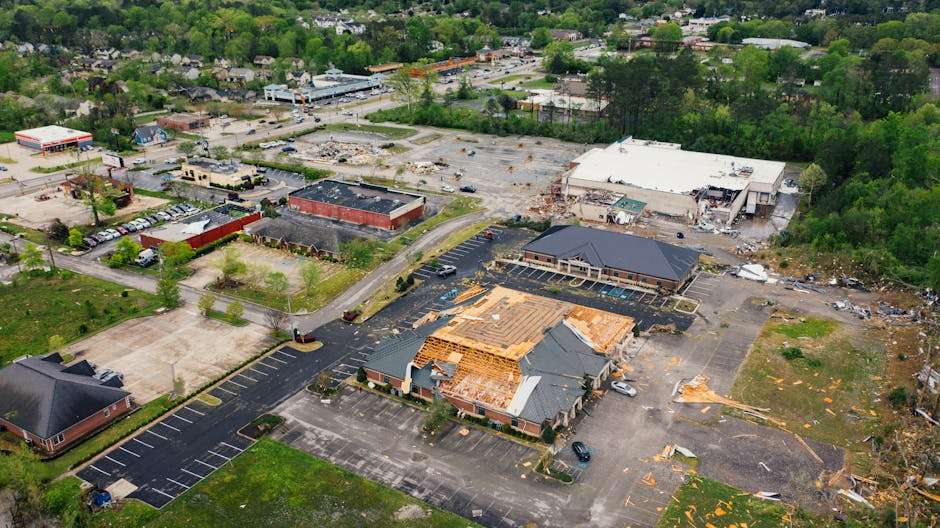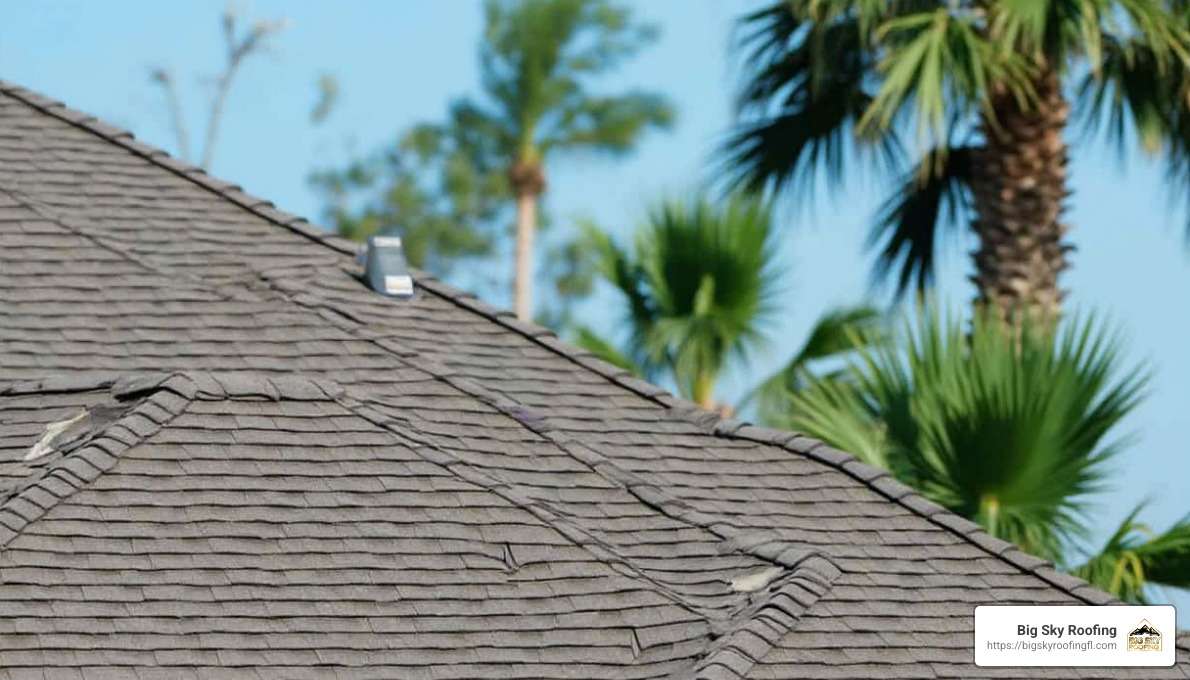Roofing the Right Way: Florida Licensing Made Easy
•
Written By
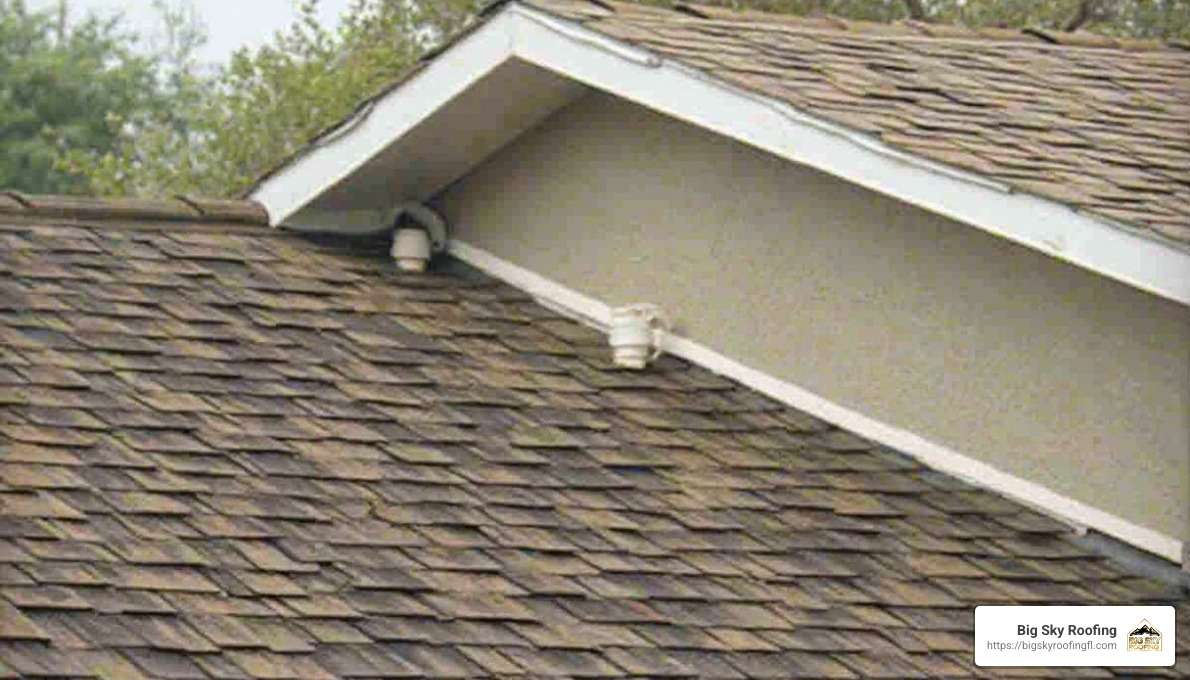
How to get a roofers license in Florida is a common question for anyone interested in joining the roofing industry in the Sunshine State. Here’s a quick guide to the basics:
- Meet Experience Requirements: 4 years in the roofing trade with at least 1 year as a supervisor.
- Select Your Path: Choose between being a Certified Contractor (working anywhere in Florida) or a Registered Contractor (working within a specific county or city).
- Pass Required Exams: Take the Florida Business and Finance Exam and the Florida Roofing Exam.
- Gather Necessary Documents: Prepare your test scores, proof of insurance, evidence of experience, credit score, and background check information.
- Apply for Your License: Submit your application through the State of Florida Department of Business and Professional Regulations.
Florida is known for its beautiful beaches and warm climate. However, it also brings challenging weather conditions like hurricanes. This makes the roofing industry vital in ensuring homes are protected and properly maintained.
The process might seem daunting, but getting your roofing license is worth it if you want a rewarding career in this essential field.
Florida’s breathtaking views and vibrant communities create a high demand for skilled roofers. With a proper license, you can help homeowners across Sumter County, Lake County, Citrus County, Hernando County, Orange County, and Marion County protect their properties from the elements.
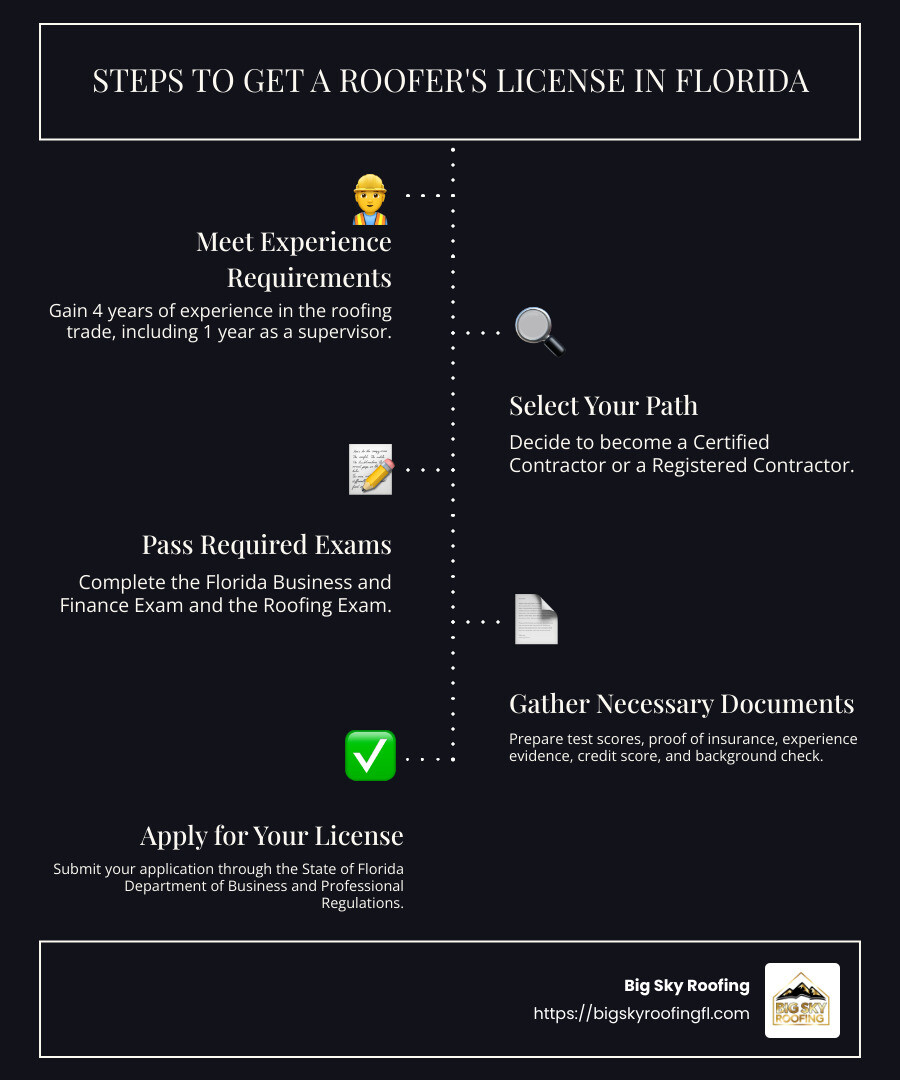
Understanding Florida Roofing Licenses
In Florida, aspiring roofers have two main pathways to consider: becoming a Certified Contractor or a Registered Contractor. Each path has distinct advantages and limitations, so it’s essential to choose based on your career goals and business aspirations.
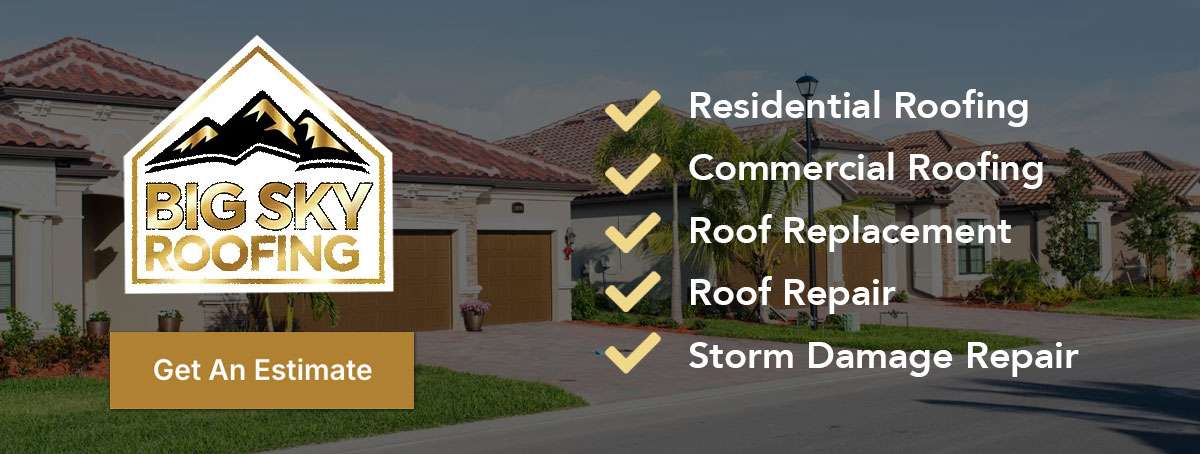
Certified Contractor
A Certified Contractor license allows you to work anywhere in the state. This is ideal if you want the flexibility to take on projects across Florida, especially in areas like Sumter County, Lake County, Citrus County, Hernando County, Orange County, and Marion County.
Benefits of Being a Certified Contractor:
- Statewide Work: No restrictions on where you can operate within Florida.
- Mobility: Easily mobilize your crew to respond to severe weather impacts in any county.
- Broad Opportunities: Greater potential to expand your business and take on diverse projects.
However, obtaining this license involves meeting more comprehensive requirements, such as passing state-level exams and fulfilling specific experience criteria.
Registered Contractor
A Registered Contractor license is suited for those who prefer to work within a specific local area, like a city or county. This option is generally quicker and less demanding in terms of requirements, as it doesn’t involve passing a state exam.
Benefits of Being a Registered Contractor:
- Local Focus: Concentrate your business efforts within a particular jurisdiction.
- Faster Licensing: Avoid state exam requirements, potentially speeding up the process.
- Community Engagement: Build strong local relationships and a solid reputation in your area.
While this path limits your work to specific regions, it can be perfect if you plan to run a small, locally-focused business.
State Level vs. Local Level
Choosing between a state-level (Certified) and local-level (Registered) license depends on your business strategy. A Certified Contractor license offers more freedom and flexibility, while a Registered Contractor license allows you to specialize in a particular area, potentially speeding up the licensing process.

Both licenses require you to meet the basic prerequisites of experience and documentation. But remember, the choice should align with your long-term vision for your roofing career and business.
How to Get a Roofers License in Florida
Getting a roofer’s license in Florida involves a few key steps. Let’s break it down into two paths: the Certified Contractor Path and the Registered Contractor Path.
Certified Contractor Path
A Certified Contractor license allows you to work throughout Florida, making it ideal if you want to take on projects in various counties like Sumter, Lake, Citrus, Hernando, Orange, and Marion. To get this license, you need to meet specific education and experience requirements, pass exams, and complete the application process.
Education and Experience Requirements:
- 4 Years of Experience: You need at least four years of experience in the roofing trade, with one year as a supervisor. This ensures you have hands-on knowledge and leadership skills.
- Education: While formal education isn’t mandatory, having relevant training or coursework can be beneficial.
Exams:
To become a Certified Contractor, you must pass two exams:
- Florida Business and Finance Exam: This exam covers business practices and financial management. It consists of 120 questions and takes 6.5 hours.
- Florida Roofing Exam: This test has 80 questions over 5 hours and focuses on roofing knowledge.
Application Process:
After passing the exams, you’ll need to submit an application with:
- Test Scores
- Proof of Insurance
- Evidence of Experience or Education
- Credit Score
- Background Check Information
Once your application is approved, you’ll have 30 days to provide evidence of Worker’s Compensation Insurance.
Registered Contractor Path
For those who prefer to work locally, the Registered Contractor path could be a better fit. This license allows you to work within a specific local area, such as a city or county, and doesn’t require passing a state exam.
Local Work and Competency Certificate:
- Local Focus: You can concentrate your efforts in one jurisdiction, which can help in building a strong local reputation.
- Competency Certificate: Instead of a state exam, you’ll need a competency certificate from the local county or city where you plan to work.
No State Exam:
- Faster Process: Since there’s no state exam, this path can be quicker and less intensive, making it easier to start your business.
When choosing between these paths, consider your business goals. A Certified Contractor license offers more flexibility and opportunities across Florida, while a Registered Contractor license allows you to specialize locally and start faster. Both paths require you to meet experience and documentation prerequisites, so choose the one that aligns with your long-term vision for your roofing career.
Examination Process for Florida Roofing License
To get a roofing license in Florida, you’ll need to pass two key exams: the Business and Finance Exam and the Roofing Exam. Let’s explore each one and how you can prepare effectively.
Business and Finance Exam
This exam tests your understanding of business practices and financial management, crucial for running a successful roofing business. The exam consists of 120 questions and lasts 6.5 hours. It covers topics like accounting, project management, and estimating costs.
Study Resources:
- Contractor Training Center: Offers comprehensive courses custom to help you prepare for the Business and Finance exam. This includes practice tests and study guides.
- Open Book Exam: This is an open book exam. You’ll need the business and finance reference books, which you can purchase from authorized sellers.
Roofing Exam
The Roofing Exam focuses on your technical knowledge of roofing systems, materials, and installation techniques. It consists of 80 questions and takes 5 hours.
Topics Covered:
- Built-up and Roll Roofing Systems
- Modified Bitumen Systems
- Architectural Metals
- Single Ply Membranes
- Foam & Roof Insulation
- Gutters and Downspouts
- Tile and Concrete Roofing Systems
- Asphalt & Wood Shingles and Shakes
Study Resources:
- Online Courses: Many online platforms offer courses specifically designed for the Florida Roofing Exam.
- Practice Tests: Taking practice tests can help you get familiar with the exam format and identify areas where you need more study.
- Reference Books: As with the Business and Finance Exam, having the right reference books is crucial. These exams are open book, so knowing how to quickly steer these resources can make a big difference.
Tips for Success
- Start Early: Schedule your exams well in advance to give yourself plenty of time to study.
- Use Multiple Resources: Combine online courses, practice tests, and study guides to cover all your bases.
- Stay Organized: Keep your study materials and books organized for easy access during the open book exams.
Passing these exams is a crucial step in obtaining your roofing license in Florida. With the right preparation and resources, you’ll be well on your way to becoming a licensed roofing contractor.
Additional Requirements for Licensing
Besides acing the exams, there are a few more boxes to tick to get your roofing license in Florida. Let’s explore these additional requirements: credit score, background check, insurance, and moral character.
Credit Score
Your financial responsibility is a big deal in Florida. You need a credit score of 660 or above. If your score falls short, don’t worry—you can still meet the requirement by securing a $10,000 licensing bond. This shows you’re financially stable and ready to handle a roofing business.
Background Check
Florida takes a close look at your past with a Level 2 background check, which includes fingerprinting. This is where your good moral character comes into play. If you have a criminal record, it won’t necessarily bar you from getting a license, but you’ll need to provide extra paperwork detailing your history. The state wants to ensure that only trustworthy individuals are granted a license.
Insurance
Insurance is non-negotiable. You must have:
- Public Liability Insurance: At least $100,000 in coverage.
- Property Damage Insurance: At least $25,000 in coverage.
- Worker’s Compensation Insurance: Required, but you can submit proof after your license is approved.
These coverages protect both you and your clients, ensuring that any mishaps on the job are covered.
Moral Character
The state of Florida insists on applicants demonstrating good moral character. This might seem unusual, but it’s crucial. If your license application is denied due to this requirement, the Board must clearly explain their decision and provide evidence. You have the right to request a rehearing if you believe the decision was unfair.
Getting your roofing license in Florida isn’t just about passing exams. Meeting these additional requirements ensures you’re prepared for the responsibilities of running a roofing business. With everything in place, you’re one step closer to becoming a licensed roofing contractor in counties like Sumter, Lake, and Citrus.
Next, let’s address some common questions about roofing licenses in Florida.
Frequently Asked Questions about Florida Roofing Licenses
Who Can Certify a Roof in Florida?
In Florida, only a licensed roofing contractor can certify a roof. This certification ensures that the roof meets all state safety standards and building codes. Home inspectors, while knowledgeable, cannot certify roofs. They can, however, conduct inspections to identify potential issues.
How Long Does It Take to Get a Roofing License?
The timeline for obtaining a roofing license in Florida varies. Here’s a breakdown:
- Preparation Time: Before you start the application, you need four years of experience in roofing, with at least one year as a supervisor. You’ll also need to study for and pass the required exams.
- Application Timeline: Once you pass the exams, the application process can take several weeks. You’ll need to gather documents like test scores, proof of insurance, and background check information. If everything is in order, the state typically processes applications within 30 to 45 days.
- Preparation Tip: If you fail the state exam, you must wait 21 days before retaking it. So, it’s crucial to prepare thoroughly to avoid delays.
What Are the Insurance Requirements?
Insurance is a critical component of getting your roofing license in Florida. Here’s what you need:
- Public Liability Insurance: You must have at least $100,000 in coverage. This protects you and your clients if accidents happen on the job.
- Property Damage Insurance: A minimum of $25,000 in coverage is required. This covers any damage to property that might occur during roofing work.
- Worker’s Compensation Insurance: This is mandatory to protect your employees. While you don’t need to submit proof with your initial application, you must provide evidence of coverage within 30 days after being licensed.
These insurance requirements are designed to safeguard both your business and your clients, ensuring that any incidents on the job are adequately covered.
With these FAQs addressed, you’re now equipped with essential knowledge about the licensing process in Florida, paving the way for a successful roofing career in counties like Hernando, Orange, and Marion.
Conclusion
At Big Sky Roofing, we understand that navigating the path to becoming a licensed roofer in Florida can be a daunting task. But with the right guidance and resources, you can achieve your goals and join the ranks of skilled professionals who keep Florida’s roofs safe and sound.
Our commitment to superior craftsmanship and exceptional customer service sets us apart. With over 25 years of experience, we’ve built a reputation for quality and reliability across Central Florida, including Sumter County, Lake County, Citrus County, Hernando County, Orange County, and Marion County.
When you choose Big Sky Roofing, you’re not just getting a roofing service; you’re partnering with a team that values your needs and strives to exceed your expectations. We provide free estimates and work closely with our clients to ensure every project is completed to the highest standards.
Ready to take the next step in your roofing career? Explore our services and find out how Big Sky Roofing can support you in achieving your professional goals. Whether you’re looking to start your journey or need expert roofing services, we’re here to help you every step of the way.
Remember, a solid roof is the foundation of a safe home, and a licensed roofer is the cornerstone of a successful roofing business. Let’s build a brighter future together!

